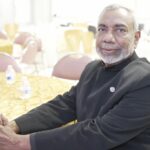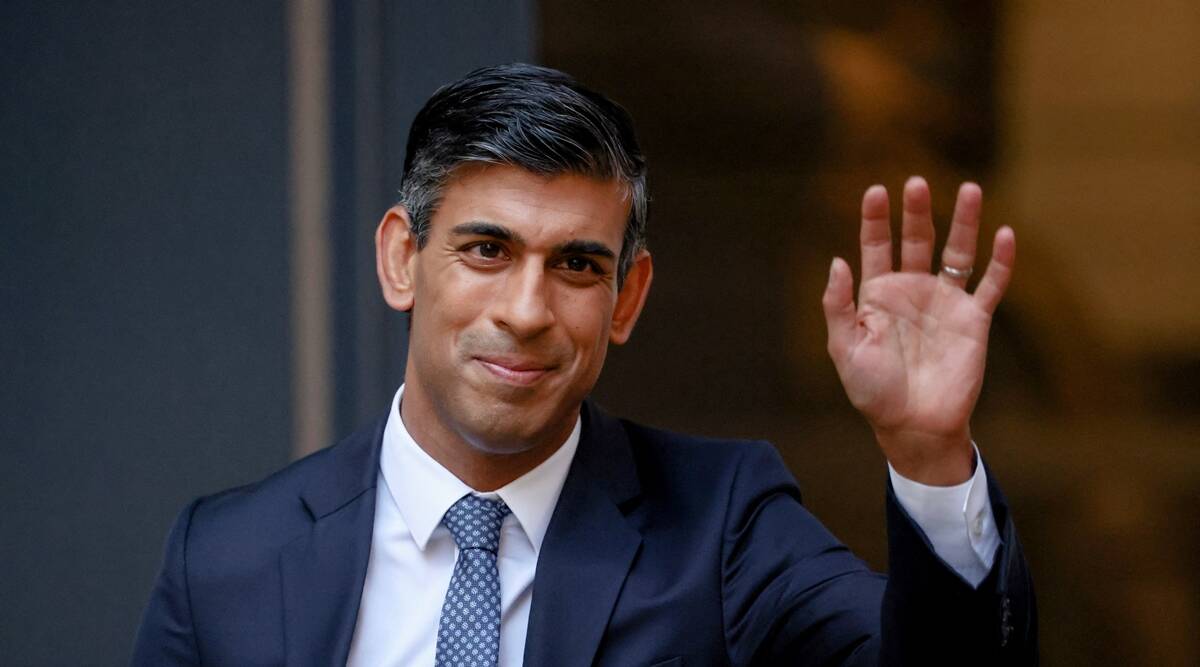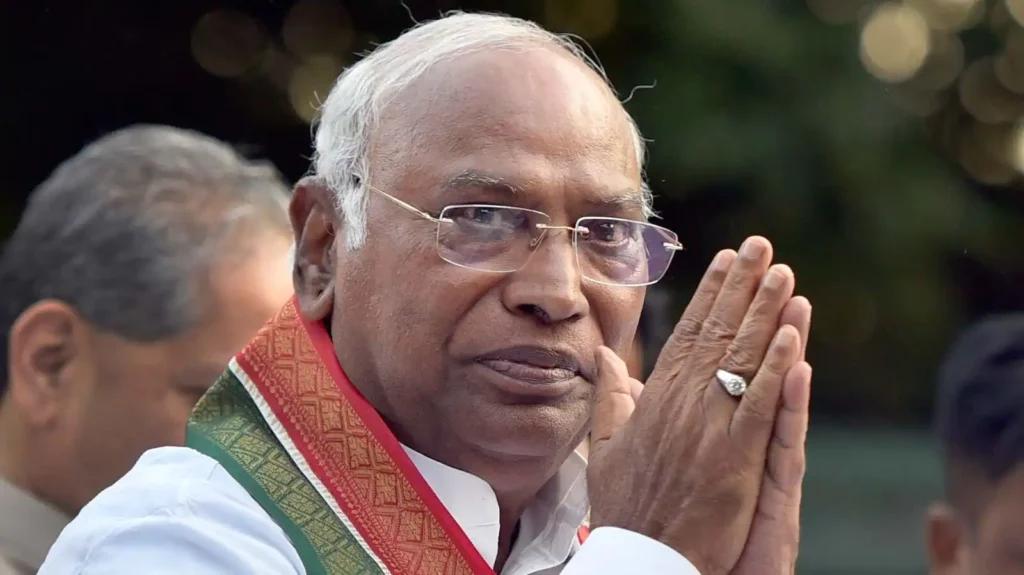
Elisha Pulivarti/Washington DC
Finally, Rishi Sunak, 42, first non-white, Indian origin became the Prime Minister of United Kingdom (UK). I say finally, because he fought and lost a round of battle for the top post less than two months ago, to Liz Truss. Liz succeeded Boris Johnson who quit abruptly, after a wave of charges were leveled against him, main one was his presence at a party at 10 Downing Street during Covid shutdown.
But, the actual reason is Johnson’s failure to steer British economy on the right path after the pandemic. Liz promised a lot to the rich Britishers – to cut taxes – and won the last round of election-selection in the ruling Conservative party. She kept her word, and even presented a mini-budget to implement some of her promises. Alas! she miserably failed to inspire the economy, nation and her own party.
Rishi won the latest round of selection process and his party MPs unanimously elected him just because they believed that he can efficiently handle the economic crisis. This is what Rishi Sunak said after his appointment by HM King Charles-3 at Buckingham Palace in London on October 25, Tuesday noon. “Huge economic challenges are before us and I will earn your trust (people of UK),” said Sunak.
New Cabinet, new challenges:
The UK is currently passing through one of its worst crises in the last five decades – record inflation, soaring jobless numbers, fast falling Pound – against the US dollar and shortage of gas and energy etc. Liz’s recipe of tax cuts has proved to be wrong. So, only an organic and systematic way of handling of economy is needed now. No quick fix solutions.
Sunak’s job is clearly cut out. He is bound to earn the wrath of wealthy and corporations who prefer tax cuts. He may not do that. Opposition Labour party has asked for fresh elections, which will only be held in 2024 December. However, Sunak has ruled them out. He will try and fix the problems one by one. Former Chancellor of Exchequer or Finance Minister in Liz Cabinet Jeremy Hunt may get the post again.
Sunak held the post in Borish Johnson Cabinet. Hunt and Sunak are on the same page on most of the financial decisions. They together will make some announcements by October 31, to improve the British economy. Penny Mordaunt who initially jumped the race for PM post will continue to the party leader in the House of Commons – like India’s Lok Sabha.
Interestingly, Suella Braverman, another woman of Indian Origin is back as Home Secretary. Grant Shapps is Business Secretary and Gillian Keegan is Secretary of State for Education. James Cleverly is Foreign Secretary while Dominic Raab is Deputy PM. Ben Wallace is the new Defence Secretary. This team is good and business like. At this stage, we can only wish Rishi and his team Good luck!
Indians as Human Capital
Now there is a talk of how we should see the rise of Rishi Sunak as PM of the UK. Some owe it to his Indian roots while others see it as his individual merit, as a financial expert and a professional investor without much of ideological baggage. Both arguments are right. But let’s see this from the angle of Indian origin people emerging all over the world as human capital.
Before Rishi Sunak, we have Kamala Harris as Vice President of the US. We also have Portugal Prime Minister Antonio Costa, who has his roots from Goa. This half Portuguese and half India is now serving his third term as PM of the country. Mauritius Prime Minister Pravind Jugnauth too is of Indian origins – born in a family in La Caverne. There are dozens of other lawmakers in different countries all over the world.
CEOs of most of the top global companies like Google, Microsoft, Adobe, Twitter, Mastercard, Pepsi, IBM, Albertsons, Netapp, Nokia, Palo Alto, Artista, Novartis and Delloite are persons of Indian orgins. This is no mean an achievement for us all. This has become possible because of human capital development.
This human capital development is not just limited to intellectual pursuits. But all these leaders have an amazing work ethics and high levels of integrity which makes them invaluable to their organisations. As people, what lessons can we learn from this as we strive to develop our country at the micro and macro levels?



